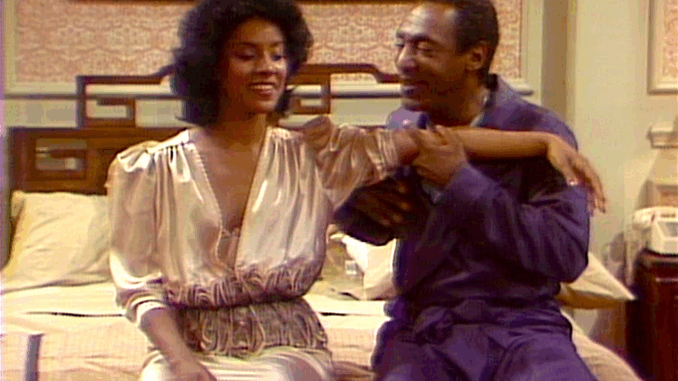
Introduction
Before streaming platforms, social media, and binge-watching became the norm, The Cosby Show ruled the airwaves—and changed American television forever. Premiering in 1984, this sitcom didn’t just make people laugh; it redefined what was possible for Black representation on screen and helped usher in a new era of family-focused storytelling. Four decades later, the show’s influence continues to be felt across the entertainment industry.
Redefining the Family Sitcom
At a time when most sitcoms portrayed nuclear families with traditional roles or comedic dysfunction, The Cosby Show introduced audiences to the Huxtables—a Black, upper-middle-class family filled with love, discipline, intelligence, and wit.
Led by Cliff Huxtable, a charming and goofy father, and Clair Huxtable, a sharp, no-nonsense mother, the show broke stereotypes and presented a positive image of Black family life rarely seen on TV. Each episode offered life lessons wrapped in humor, tackling real-world issues like adolescence, education, respect, and self-worth.
A Blueprint for Success
The show wasn’t just culturally significant—it was a ratings powerhouse. For much of the 1980s, The Cosby Show was the most-watched program in America. Its success revitalized NBC’s prime-time lineup and opened doors for more Black-led shows to enter mainstream media.
It also popularized the idea that sitcoms could be both socially conscious and commercially successful. The show’s storytelling style, which blended heartfelt moments with sharp comedy, set a new standard for family television.
Impact Beyond the Screen
The ripple effects of The Cosby Show went far beyond television. It boosted enrollment at historically Black colleges and universities (HBCUs), particularly thanks to frequent mentions of fictional Hillman College. It also inspired an entire generation of Black professionals, creatives, and media consumers.
Moreover, the show introduced breakout talent, including Phylicia Rashad and Malcolm-Jamal Warner, while offering early screen time to rising stars like Adam Sandler and Alicia Keys.
The Duality of Legacy
In recent years, the legacy of The Cosby Show has become complicated due to Bill Cosby’s legal issues and allegations of sexual assault. While his personal conduct has been widely condemned, many fans and critics continue to honor the work of the cast, writers, and producers who contributed to the show’s success.
The question of whether the art can be separated from the artist remains an ongoing cultural debate, but the show’s contributions to representation and television history remain undeniable.
Why It Still Resonates
In an era where diversity and authenticity in storytelling are highly valued, The Cosby Show still serves as a reference point for what meaningful representation looks like. It captured the complexity and richness of Black family life with humor, warmth, and respect.
Today’s shows like Black-ish, Abbott Elementary, and This Is Us all owe a debt to the trail The Cosby Show blazed decades ago.
Conclusion: A Cultural Landmark Worth Remembering
Despite the controversies surrounding its creator, The Cosby Show stands as a cultural landmark that changed television forever. Its vision of family, education, and identity was not only revolutionary—it was necessary. For millions, it wasn’t just a sitcom; it was a mirror, a mentor, and a moment in time that still echoes today.